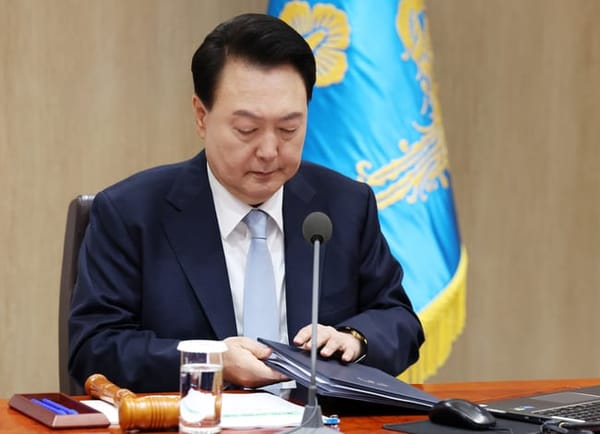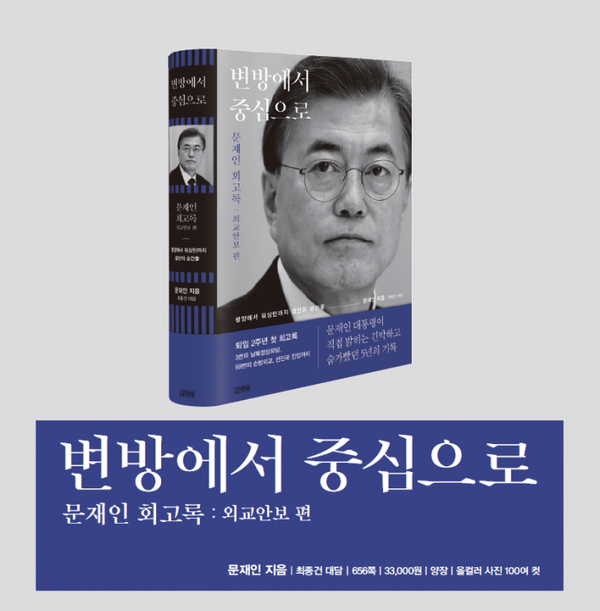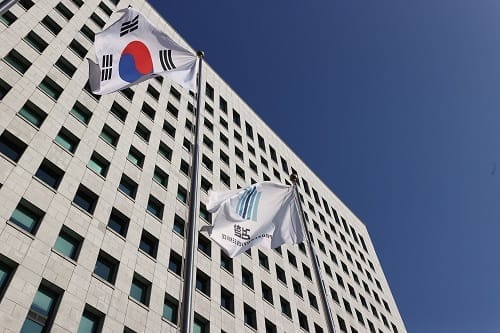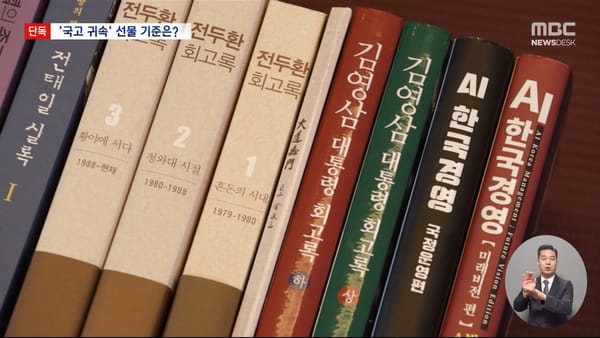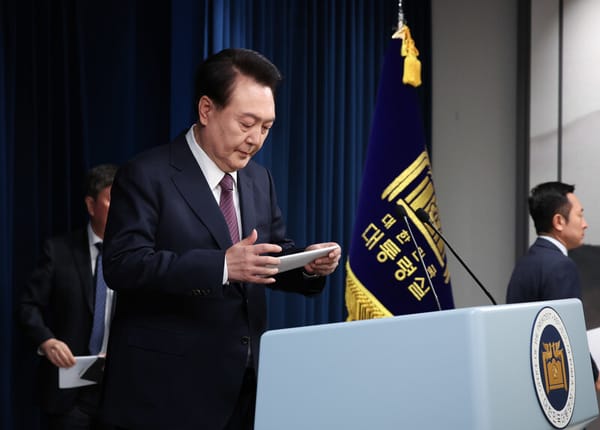Photo: Moon Jae-in at a "Conversation with the People," c. November 2021. Credit: Office of the President.
As time passes, a president’s legacy is remembered largely by its highest and lowest points. Although most South Korean presidents are deeply unpopular toward the end of their terms, the distance of time tends to give a fairer assessment of their achievements and flaws. Today, South Korea’s liberals give grudging respect to dictator Park Chung-hee 박정희, whose role in South Korea’s economic development out of the ashes of the Korean War is undeniable. Likewise, South Korea’s conservatives, however reluctantly, give a nod to the achievements of Kim Dae-jung 김대중 and Roh Moo-hyun 노무현 for their international acumen and promotion of open society. (See previous coverage, “The Political Culture that is Roh.”)
How will history remember Moon Jae-in 문재인’s presidency? It is certainly not without faults, which led to the failure to repeat a liberal presidency. Although the real estate issue was foreseeable, the administration’s response was not as urgent as it should have been. (See previous coverage, “Moon’s Real Estate Errors.”) In a way, Moon is directly responsible for the meteoric rise of his successor Yoon Suk-yeol 윤석열, elevating the prosecutor who imprisoned Park Geun-hye 박근혜 to the point where Yoon could score points by turning his fire against liberals. It also would be fair to wonder if Moon should have cut bait with North Korea sooner, particularly after Pyongyang destroyed the Inter-Korean Liaison Office 남북연락사무소 in Kaesong 개성 in June 2020.
Moon’s inability to pass major progressive items, most notably an Anti-Discrimination Act 차별금지법 that would provide a legal basis for LGBTQ+ rights, was also a missed opportunity. Although Samsung heir Lee Jae-yong 이재용’s early parole from prison and the presidential pardon of Park Geun-hye 박근혜 may have been justifiable under a certain Machiavellian logic, they took the shine off of Moon’s status as the president who would restore the country from the corruption of chaebol and heirs of dictators.
At a historical scale, however, those faults are transient ones that will be in the back pages. The highlights of the Moon administration, on the other hand, are systemic achievements that are likely to survive the test of time. The COVID-19 pandemic was a world historical event, and South Korea under Moon’s leadership battled the pandemic admirably while major countries such as the United States were embarrassing themselves. In addition to the lives saved, South Korea’s response to the pandemic was a profoundly cultural moment, instilling newfound confidence in the minds of the Korean public that their country was indisputably a major country on the world stage.
The Moon administration’s defense policy is likely to leave an imprint as well. As the world re-arms amidst the Ukraine-Russia War, South Korea under Moon emerged as a major military power and exporter of arms. Belying its dovish reputation, the Moon administration oversaw significant advancements in domestically developed ballistic missiles, fighter jets, aircraft carriers and submarines, building power projection capabilities that reach beyond the Korean Peninsula to the South China Sea and China’s large east coast cities - a critical insurance policy if South Korea’s relationship with China turns volatile. Although Moon’s overture to Kim Jong Un 김정은 ultimately failed to open North Korea, the five years of peace after being at the precipice of a nuclear war was nothing to sneeze at.
While it is fair to criticize the lack of progress in LGBTQ+ rights under the Moon administration, the criticism tends to obscure the many important progressive items that the Moon administration did pass. During the Moon Jae-in presidency, inequality was reduced significantly, largely because the income for the bottom 20% earners rose at a fast clip. The coverage rate of the National Health Insurance 국민건강보험 went from 62.7% at the end of Park Geun-hye administration to 65.6%, with much of the additional benefits going to the elderly and the disabled.
Far-reaching corporate reforms such as the Three Fair Economy Acts 공정경제3법 and Serious Disasters Act 중대재해법 introduced a new level of transparency to much-maligned Korean corporate governance and protection of workers’ lives and safety. The Supreme Court and Constitutional Court justices that Moon appointed recognized conscientious objection to military service and abolished criminal penalty for abortion. Despite the procedural ugliness, the Moon administration also finalized prosecution reform, a two decades-long project that may finally restrain the criminal justice system from influencing politics.
In the democratic era since 1987, South Korea has had seven presidents. Time will tell where Moon Jae-in will place among them. But it appears safe to say he has cleared the low bars set by his predecessor Park Geun-hye (impeached and removed), as well as most of the other conservatives such as Roh Tae-woo 노태우 (a dictatorship crony and mass murderer) and Lee Myung-bak 이명박 (currently in prison for corruption.) Moon also pulls ahead of Kim Young-sam 김영삼, whose presidency was marked by a historical level of both highs (clearing the vestiges of military dictatorship) and lows (the disastrous East Asian Financial Crisis.) He may well be remembered as the greatest South Korean president since Kim Dae-jung 김대중, who set the foundation for South Korea at the turn of the 21st century.



